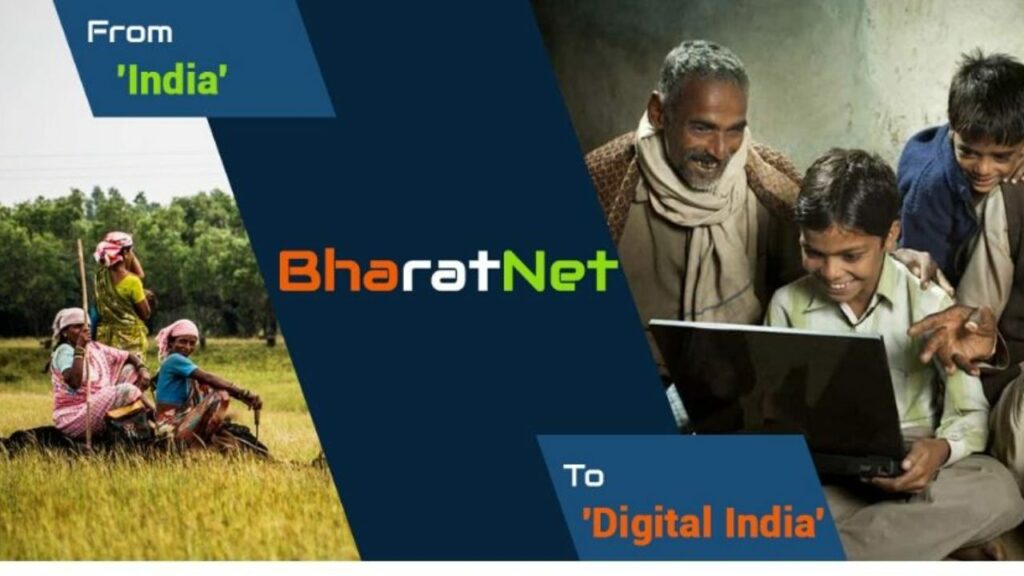The Indian government’s cabinet, led by Narendra Modi, has granted approval for ₹1.39 lakh crore funding towards the BharatNet Project, which aims to significantly enhance internet connectivity in rural areas of the country. Ministry insiders indicate that after several delays, the project is finally back on track and is poised to have a profound impact on delivering public services in sectors like health and education. A pivotal change introduced by the government involves the engagement of village-level entrepreneurs (VLE), referred to as Udyamis, who will play a role in expanding fiber connections to households under a revenue-sharing arrangement of 50:50. This model resembles the approach adopted by private telecom companies such as Airtel, Vodafone, and Jio, which collaborate with local cable operators to provide fixed broadband services to households.

BharatNet’s Vision of Last-Mile Connectivity through Village-Level Entrepreneurs
As per official sources, approximately 1.94 lakh villages are currently connected, and the remaining villages are expected to be linked within the next 2.5 years. The government’s ambition is to establish last-mile optical fiber-based connectivity in all villages, aiming to connect 6,40,000 villages over the next 2.5 years.
The involvement of village-level entrepreneurs will play a pivotal role in ensuring connectivity and the maintenance of connections. Presently, 3,51,000 fiber connections have been established under the new BharatNet Udyami initiative. This effort could potentially generate employment opportunities for more than 2.5 lakh Udyamis.
A senior official from the ministry expressed confidence in this new approach, stating that after a successful pilot project covering 60,000 villages and involving around 4,000 entrepreneurs, the model is now ready for broader implementation. The pilot demonstrated positive outcomes in terms of both livelihoods and improved services.
Empowering Rural Connectivity by Unveiling the Expansive Vision and Evolution of BharatNet Project
BharatNet is among the world’s largest rural telecom projects and is being executed in phases to extend last-mile broadband connectivity to all 2.5 lakh gram panchayats (GPs) across India. The project was first approved by the Cabinet in 2011 and is overseen by Bharat Broadband Network (BBNL), which was merged into BSNL in the previous year. The average data consumption per household has been around 175 GB per month, with home broadband plans ranging from ₹399 to ₹799.
The BharatNet project has faced challenges over the past decade, including a slowdown in its progress. In 2021, Prime Minister Narendra Modi expanded its scope to include all 6 lakh villages, and the cabinet allocated additional funding for last-mile connectivity under a PPP model. However, the project’s execution strategy has been updated, and Village Level Entrepreneurs have been introduced to improve its implementation and effectiveness. This initiative sets BharatNet apart from private operators, which have limited presence in rural areas.











